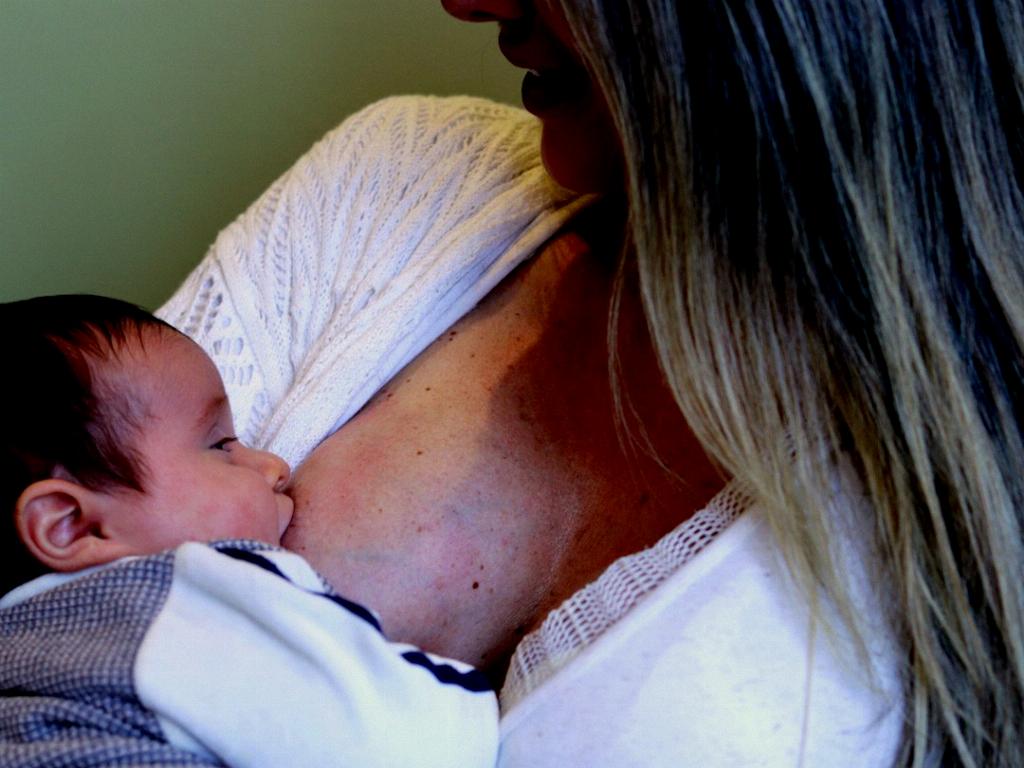When exploring the connection between breastfeeding and maternal mental health, a significant correlation emerges from various studies. Research has shown that mothers who choose to breastfeed often experience a boost in their confidence levels. This increase in confidence not only pertains to their ability to successfully breastfeed but also extends to their overall parental role.
Moreover, mothers who breastfeed have reported that their infants appear less irritable during feeding sessions. This observation can lead to a more positive interaction between mother and child, fostering a nurturing environment that is beneficial for the mental well-being of both parties.
One key aspect that has been highlighted in studies is the concept of breastfeeding self-efficacy. Mothers with higher levels of breastfeeding self-efficacy tend to exhibit lower levels of postpartum depression symptoms. This finding underscores the importance of not just the act of breastfeeding itself but also the mother’s belief in her ability to breastfeed effectively.
Furthermore, the bond formed during breastfeeding can have a profound impact on a mother’s mental health. The physical closeness and emotional connection established during breastfeeding can help reduce feelings of isolation and loneliness that are commonly experienced by new mothers.
On a biological level, breastfeeding triggers the release of oxytocin, often referred to as the “love hormone,” which can promote feelings of calmness and well-being in mothers. This hormonal response can contribute to a more positive mood and increased emotional resilience in the face of stressors.
It is important to acknowledge that the relationship between breastfeeding and maternal mental health is complex and multifaceted. While breastfeeding can have numerous benefits for a mother’s mental well-being, it is crucial to recognize that not all mothers may have a positive breastfeeding experience.
Factors such as physical challenges, lack of support, or conflicting emotions about breastfeeding can impact a mother’s mental health. It is essential for healthcare providers and support networks to be attuned to these challenges and provide comprehensive support to mothers, regardless of their feeding choices.
For some mothers, the pressure to breastfeed can lead to feelings of inadequacy or guilt if they are unable to breastfeed as desired. Addressing these emotional challenges and promoting a culture of understanding and acceptance can help alleviate the mental strain experienced by mothers.
In cases where breastfeeding is not feasible or preferred, alternatives such as formula feeding can also provide opportunities for bonding and nurturing interactions between mother and child. The key is to prioritize the mental well-being of the mother and foster a supportive environment that prioritizes the health and happiness of both mother and baby.
Ultimately, the relationship between breastfeeding and maternal mental health is nuanced and influenced by a multitude of factors. While breastfeeding can offer positive benefits for maternal mental well-being, it is essential to approach the topic with sensitivity, understanding, and a focus on the holistic health of the mother.
By promoting a culture of support, acceptance, and informed decision-making, we can create an environment where mothers feel empowered to make choices that prioritize their mental health and overall well-being, ultimately fostering a positive and nurturing experience for both mother and child.

